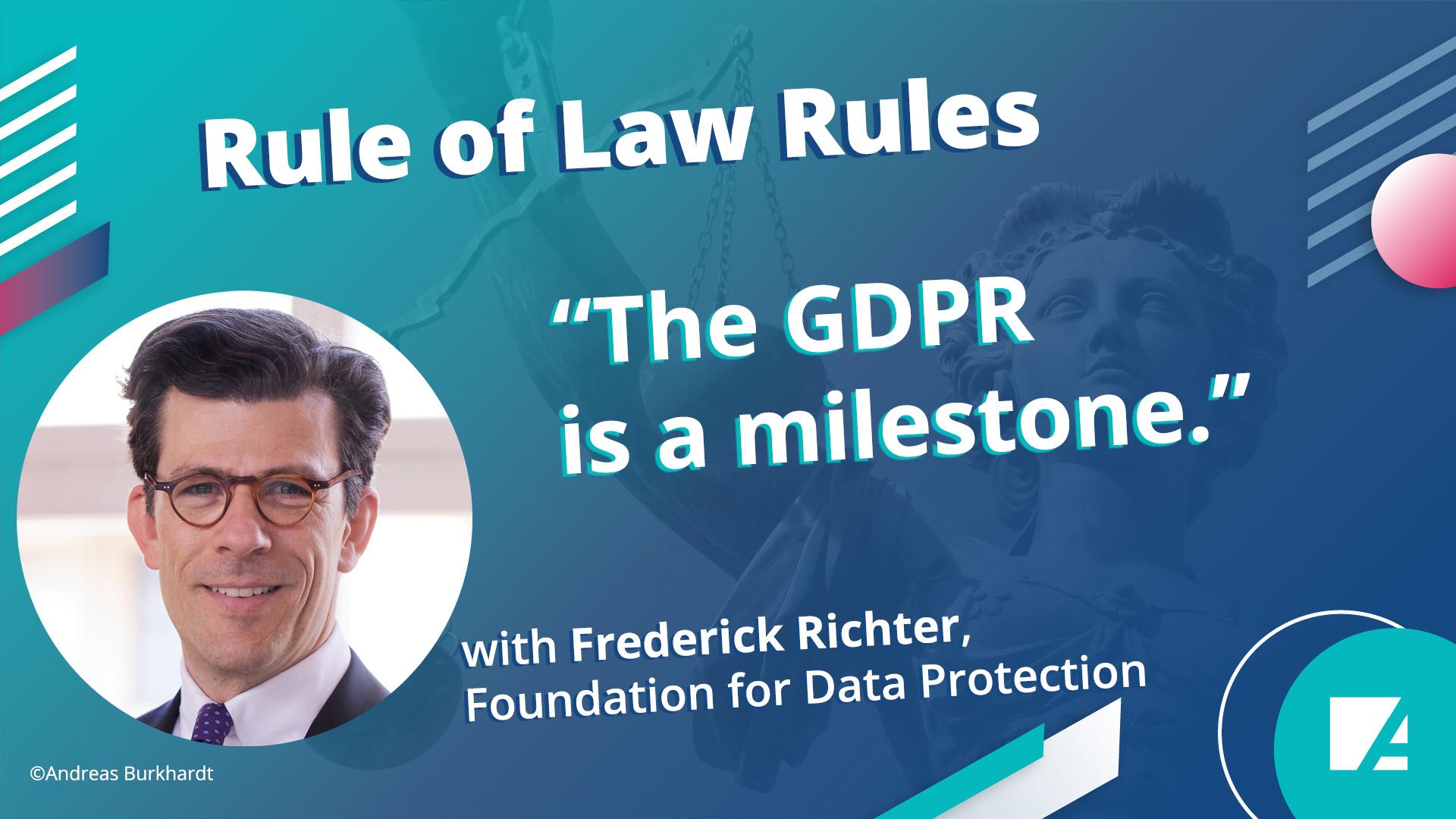The German administration is per law bound by law and justice/by the principles of the rule of law and justice. This fundamental idea is laid down in the German Constitution (Grundgesetz), which grants everyone a subjective and enforceable right against the violation of his or her rights by administrative acts (Article 19 paragraph (4) of the German Constitution). The protection of individual rights is the legitimacy and foundation of the judicial review of administrative decisions in Germany.
The administrative courts have been established by the German states since the 1860s. After the fall/abolishment of the Third Reich/the National-Socialist regime, the German Constitution was drafted to guarantee fundamental rights (Grundrechte) as subjective public rights that bind all authorities and all actions of the state. This fundamental principle is laid down in Articles 1 and 20 of the German Constitution and constitutes the very heart of the German Constitution. Article 1 proclaims that human dignity is sacrosanct. Therefore, the state is obligated to protect and respect it and that the fundamental rights bin legislature, executive and judiciary as directly applicable law. Article 20 III German Constitution establishes the principle of the Rule of Law (Rechtsstaatsprinzip), which binds all state authorities to Acts of Parliament as well as to the substantial rights as expressed by the fundamental constitutional values, namely the fundamental rights, as they are laid down in the Constitution. This principle of the Rule of Law was and is guiding in the interpretation of Administrative law in Germany.
The Code of Administrative Court Procedure was established in 1960 after demands were made to create a federal law. Under the Code of Administrative Court Procedure Administrative Courts are not part of the administration. The reason for this is to not only have them exercise an objective control of administrative acts, but the purpose of the review of administrative acts is the protection of individual rights against public authorities. Additionally, the Administrative Courts are also in charge of checking/supervising the compliance of public administration with respect to objective law.
The rationale behind the Code of Administrative Court Procedure is that before administrative action is reviewed in court, a higher authority has to have reviewed it first. This higher authority is a non-judicial body, the competent supervisory authority. In recent years however some of the regional states, Germany is divided into sixteen states (Länder), have passed legislation that abandons the internal review, and grants direct access to the Administrative Courts.
The general administrative jurisdiction is divided into three levels. The first and trial level is presided over by the Administrative Court. In almost every federal state, there is one higher Administrative Court that serves as a court of appeal and first instance courts in enumerated matters. Its task is to reexamine judgments of the administrative courts as to facts and to the law. The highest level is the Federal Administrative Court. In contrast to the lower courts, it reviews submitted cases only on points of federal law. In special cases, it also serves as the first instance. The main purposes of its jurisdictional work are the unification of the law, its further development as well as the deliverance of single case justice in cases that are of fundamental significance, the judgment deviates from a ruling of another Higher Court, or the judgment has procedural shortcomings.
Whether a person can go to the Administrative Court is not dependent on the legal form, the administrative body chooses to use. The access is granted regardless of the classic administrative act (Verwaltungsakt) is the legal form the administrative used or if the administrative chose another form of acting, e.g., an administrative contract, administrative planning, or simple non-normative sovereign action. Public authorities can also choose to pass statutes or regulations if they are authorized to do so by law. The access to court is available in all disputes that are public law but non-constitutional in nature regardless of the legal form the administrative chose.
One of the governing foundations of administrative courts is that they apply the principle of ex officio examination (Amtsermittlungsgrundsatz). This means that the courts must investigate the facts of the case on their own initiative. This means that the courts investigate the facts by the mandate on its own initiative and not merely at the request of either of the parties and not just on the basis of the evidence submitted by the parties. The reason for this is the principle that the substantive truth, not the subjective truth that is the truth that has been agreed upon by both parties, is relevant for the decision of the court.
There are different types of lawsuits available against administrative acts. The right type of action for the claimant depends partially on what he wants to achieve, i.e., the challenge of an adverse administrative act or the issuance of a beneficial act and also on the legal form the administrative body used.
A specific provision exists in the Code of Administrative Court Procedure for summary proceedings and emergency proceedings. The competent court is always the one that is also competent to deal with the main case. Summary orders can be issued presumed the petitioner establishes prima facie evidence regarding the legitimacy and urgency of his or her right.
Summary proceedings are established for two alternatives. One alternative is a summary proceeding meant to address administrative acts limiting rights or a right. Generally, legal action against an administrative act has a suspensive effect. This suspensive effect can be lifted by law or administrative order. The Administrative Court can, therefore, establish the suspensive effect if it was abolished by law and alternatively re-establish it again if it was lifted by administrative order. The other alternative is a summary proceeding in cases when the petitioner files a motion to be granted a right or a benefit by an





